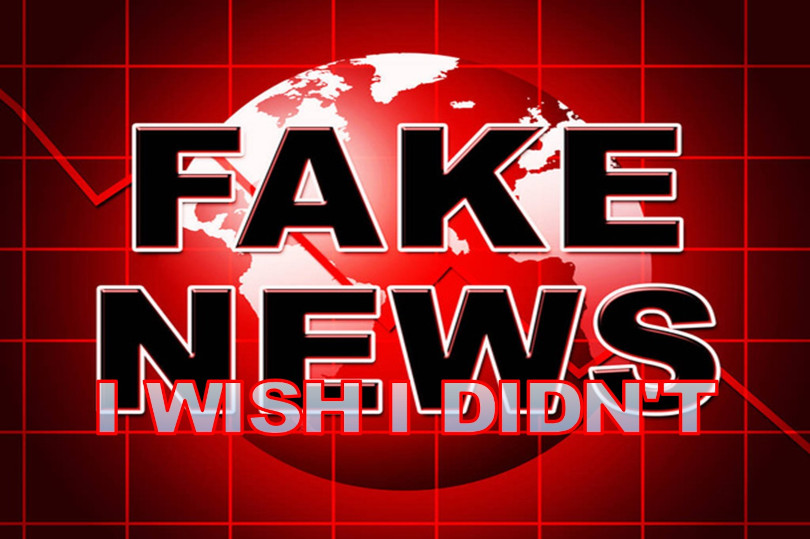The content of this article is satirical and represents a work of fiction, or Fake News. The characters within are fictitious.
TILLEY: We’re back here on The Tilley Hour and we’re speaking to Philadelphia Police Department officer Gary Faulkner about his bestselling memoir entitled I Wish I Didn’t, But I Did. Pardon me for straying from the matter at hand, Gary, but is this your first radio interview?
FAULKNER: Oh, not by a long shot, Jay. The press tour the publisher’s got me on has me doing radio, TV, book talks, the whole nine.
TILLEY: Well, excuse me! Tell me, does it feel strange at all to be getting so much positive publicity for something that other police officers in your position have lost their jobs and livelihoods over? I hope you won’t mind me saying this, but I just don’t think I’ve ever seen something like this end up so well for someone.
FAULKNER: It’s a fair point, Jay. Really, it is. I’ll admit that at first, I felt a lot of guilt. I felt exploitative, disrespectful, and so on, and I talk about it all in the book. I don’t shy away from that. But what I love so much about the world that we live in today is its compassion. It’s understanding. Its grace. During my time on paid administrative leave, I had something of an awakening. I came to terms with it all and finally felt comfortable speaking my truth. I looked in the mirror and said, “I shot and killed LaVon Johnson because I thought that the Snickers bar he was holding was a very small, very oddly shaped firearm.” Yes, he was cooperative. Yes, he was fifteen. I made a mistake, and that mistake cost a young boy his life. But to err is human, and we all have to move on sometime. Also, the Snickers were king-size, so I think that I deserve a little bit of sympathy for that. Anyway, that’s when I decided to write the book and accept whatever would come from it.
TILLEY: Wow. Just, wow. It takes some real bravery to just come out and own it, and to do so in the form of a six-hundred-page memoir, no less.
FAULKNER: It certainly wasn’t easy, but I really do stand by what I wrote in the introduction, which is that, in a sense, that boy’s death was my birth. He sacrificed himself so that I could learn self-forgiveness and become the best possible version of myself. I don’t think I’m exaggerating by saying that that fateful day was ultimately the best day of my life.
TILLEY: That’s beautiful, Gary. But I do have to ask—if killing Johnson was such a watershed moment for you, why did you title the book the way that you did? Do you still wish you hadn’t done it, even when doing it proved to be so beneficial to you?
FAULKNER: That’s a good question, Jay, and a tricky one. I wouldn’t give up on how enlightened I feel right now for anything. That much is true. But I do wish that I didn’t have to kill someone to get there. Either way, what’s done is done, and I feel better than I ever have. If people take anything away from my book, I really hope it’s that anything is possible when you love yourself. Love is what keeps the planet spinning.
TILLEY: Well said, sir, well said. So, what’s next for you after this victory lap?
FAULKNER: I’m glad you asked! I was recently cast to be a contestant on the forthcoming season of Celebrity Big Brother, and I’m coming for that quarter million!


